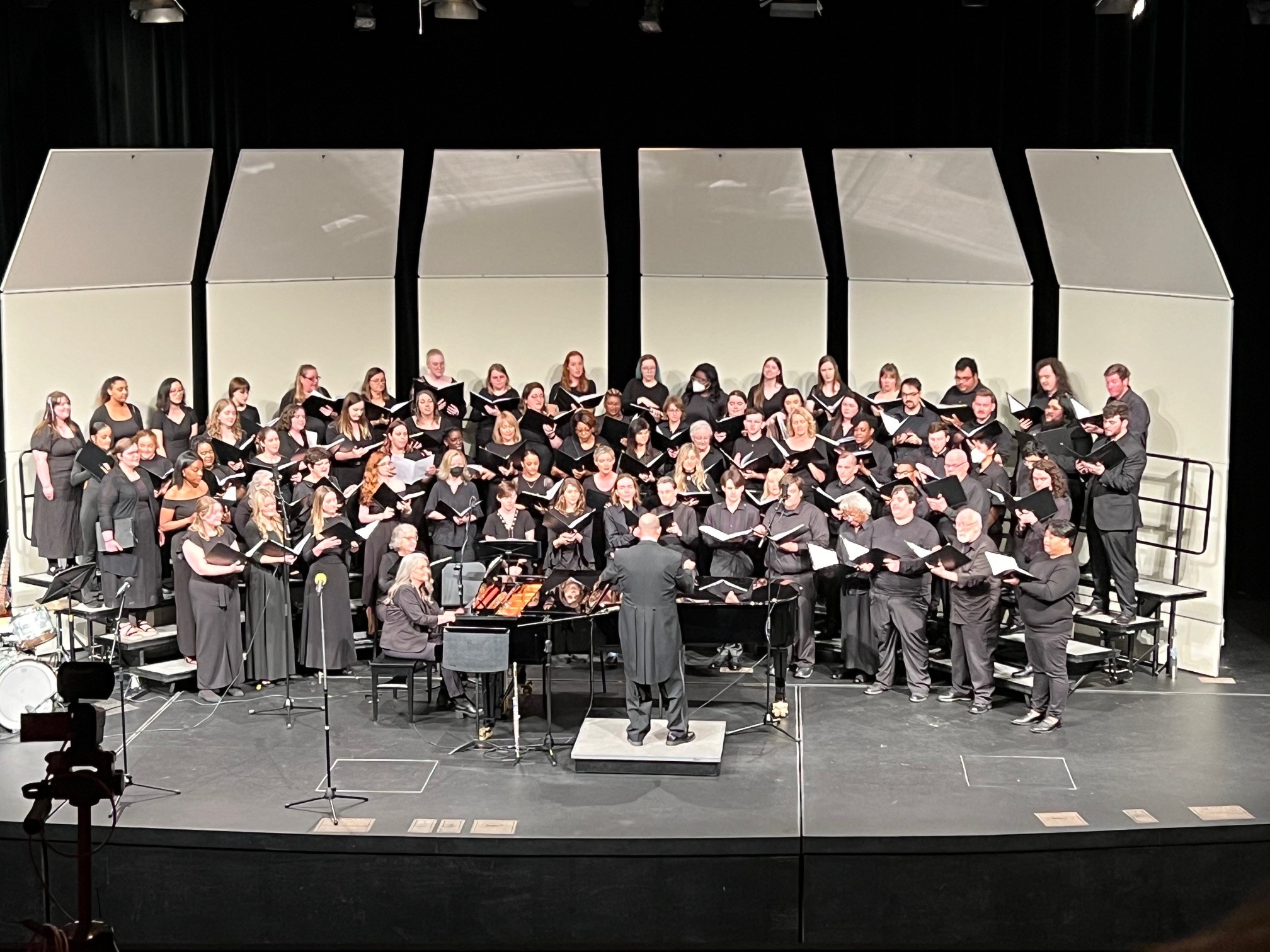Walter Johnson’s latest book explores the racial divide in St. Louis from the 1800’s to present day.
BY: JACOB POLITTE
Online Editor

It’s fair to say that St. Louis is one of the most violent cities in the United States, a country that has consistently found itself in riot after riot, year after year. Statistics back that up. In “The Broken Heart Of America” author Walter Johnson explores how the racial divide that America finds itself in is actually rooted in St. Louis’ history from the very beginnings of the city.
For those unfamiliar with the author, Johnson, a white man, was born in 1967 in the city of Columbia, Missouri and traveled to St. Louis often in his youth. He is a historian that holds degrees from Amherst College, the University of Cambridge and Princeton University. He has also taught at New York University and Harvard University.
His work here is an uncomfortable read, and that’s exactly as it was intended to be. In the book, he paints quite the history lesson, beginning in earnest with the aftermath of the Lewis and Clark Expedition and building up to the unrest in Ferguson following the officer-involved death of Michael Brown.
In 442 pages and 13 chapters, Johnson weaves local history together, piece by piece, and makes the argument that the longstanding racial tensions, especially in the last century, are directly tied to the rise of capitalism and corporations in the area. Of course, everyone will have a different take on that issue, but Johnson makes a compelling argument that the two go hand-in-hand.
What makes the book fascinating more than anything else is just how much history is detailed. Of course, major events are covered, but lesser-known historical locations and events, like the history of Jefferson Barracks, the Black Hawk War of 1832, and other lesser-known incidents are also covered in great detail.
Johnson does not mince words when criticizing historical figures like William Clark, Thomas Hart Benton, Andrew Jackson and others. That may be off-putting to some, but he does cite his sources to back up his claims.
Overall, “The Broken Heart of America” is a fascinating read, although some of its chapters may not appeal to those who are not history aficionados or don’t like long chapters. It is a mature read, and some may not be able to finish it quickly, as the material is a lot to process. But it is an important read, and vital to understanding how we have gotten to the point we have.











